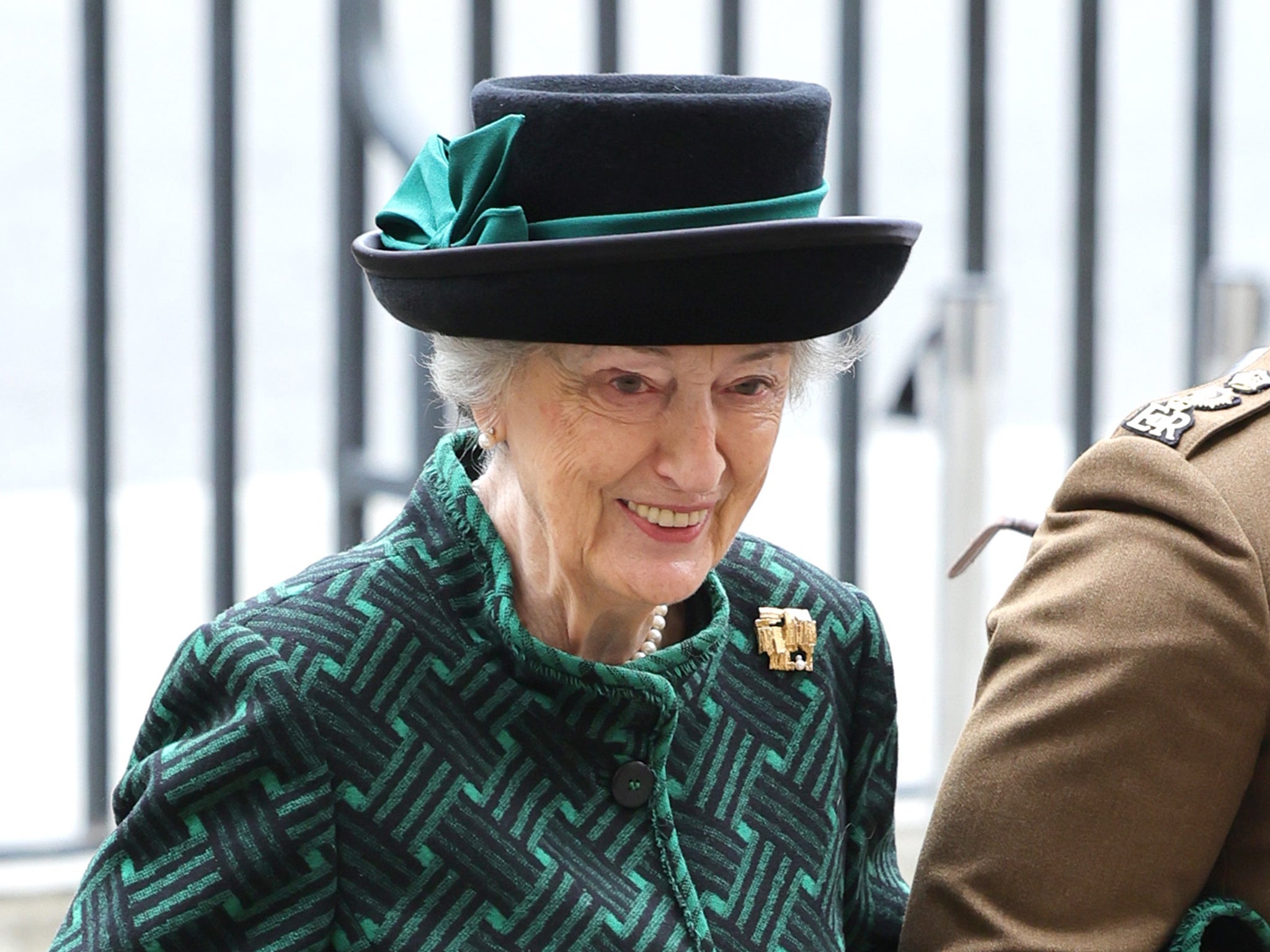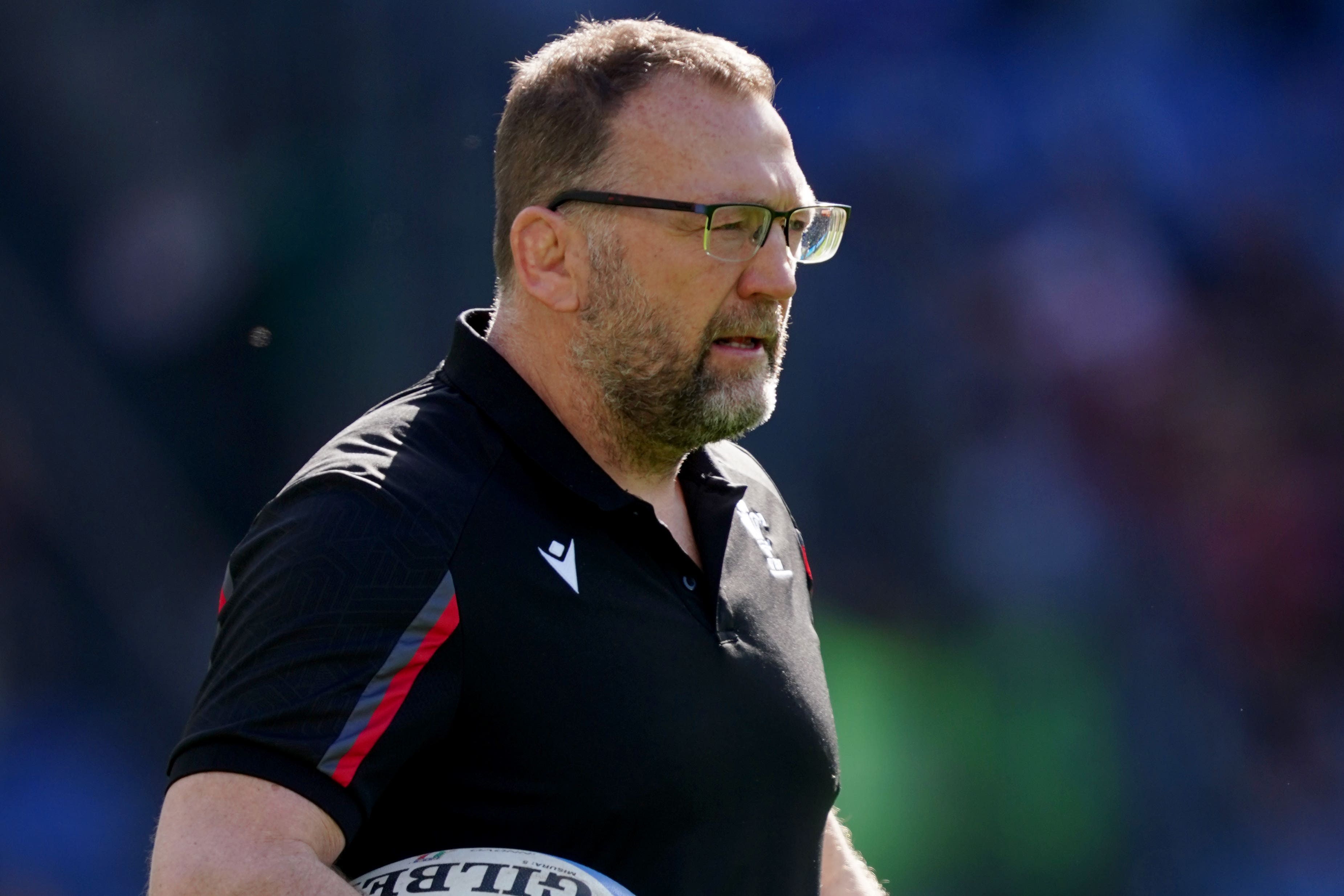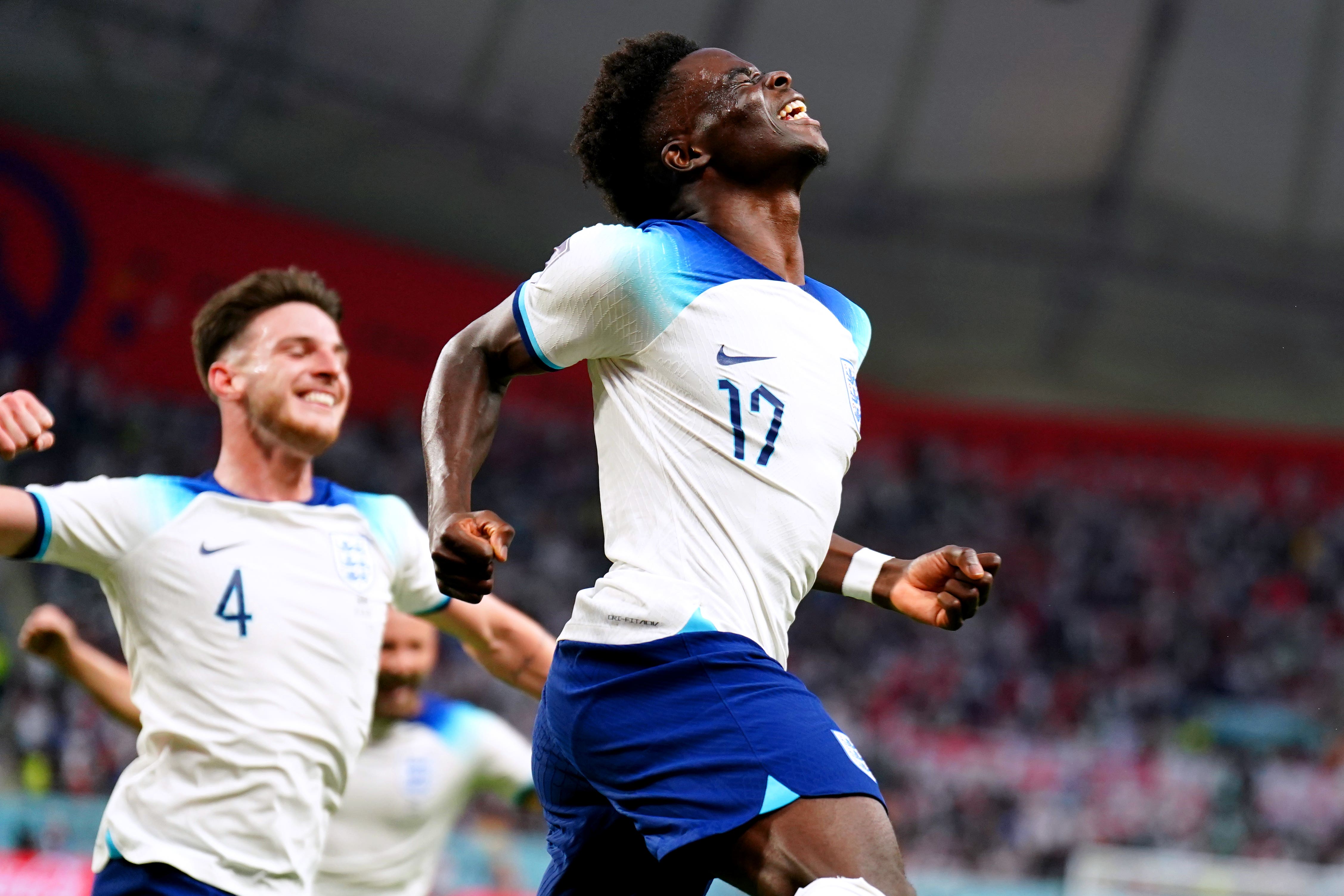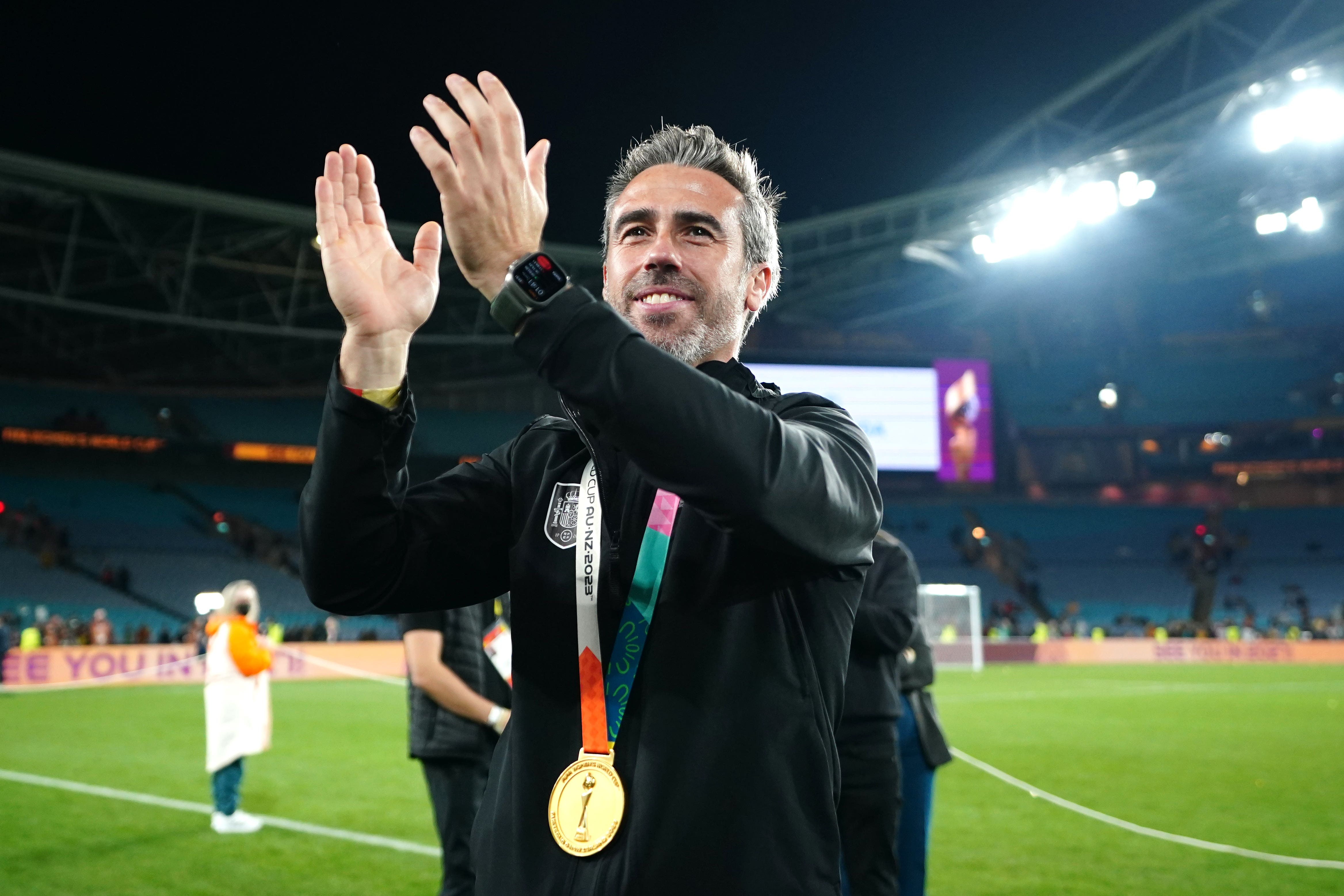Fund for footballers suffering from dementia launched by PFA and Premier League
Sign up to Miguel Delaney’s Reading the Game newsletter sent straight to your inbox for free
Sign up to Miguel’s Delaney’s free weekly newsletter
Thanks for signing up to the
Football email
A new fund to support players with dementia and other neurodegenerative diseases has been created by the Professional Footballers’ Association and the Premier League.
A fund has been in the works to support affected players and their families ever since PFA chief executive Maheta Molango met with campaigners Dawn Astle and Rachel Walden early in his tenure in 2021.
Further meetings followed with the Premier League, the Football Association and the EFL. At this point, only the PFA and the Premier League are involved in the fund, which has an initial £1million available for distribution to families.
Molango insists this should be “a football-wide responsibility” and the ultimate goal is that the fund be replaced in the longer term by a charity backed by all the four key stakeholders in English football.
Recommended
The FA is involved in funding a number of research projects aimed at understanding why there is a heightened risk of neurodegenerative disease among footballers, something identified by the 2019 FIELD Study.
However, the fund is designed to tackle the immediate needs of players already living with dementia.
Molango said: “This is an important step forward in the way football provides practical support to former players who develop dementia and other neurodegenerative conditions.
“It’s an issue where, in all areas, we continue to believe there needs to be a football-wide responsibility.
“That includes providing access to financial support for former players and the families who most need it.
“The Premier League deserves credit for the proactive way in which it has approached these discussions. Obviously, we hope that other stakeholders in the game will choose to contribute to the fund going forward.
This is an important step forward in the way football provides practical support to former players who develop dementia and other neurodegenerative conditions
“There is much that still needs to be done, but this is a positive development which will provide help to former players and their families, and which demonstrates how football has to work together on this issue.”
Former professionals who have been members of the PFA, and their families, will be able to make applications for financial support which will be assessed by an independent, expert panel.
The PFA will proactively approach ex-players and their families it is in contact with who it believes would benefit from the support to explain to them how to make an application.
The union’s brain health unit will also act as a point of contact for former professionals and their families who come forward looking for support or advice.
Dawn Astle’s involvement has been pivotal to the creation of the fund.
Her father Jeff Astle, a former West Brom and England forward, died in 2002 aged 59 with early-onset dementia. A coroner recorded the cause of death as industrial disease, owing to the repeated heading of a ball.
She was once a vocal critic of the PFA under its former chief executive Gordon Taylor over what she perceived to be a lack of support offered to her family and others, but joined the union’s former player care department in early 2022.
Premier League chief executive Richard Masters said the welfare and care of players “has always been a priority” for his organisation and added: “We feel it is important to offer our support to this newly-established brain health fund.
“The fund builds on our long-standing partnership with the PFA and strengthens our collective support for former players facing health challenges.”
An FA spokesperson said: “We welcome the new Brain Health Fund, which will provide valuable support for former professional footballers.
Recommended
“We will continue to work across the game with stakeholders to provide research, education, awareness and support on brain health. As the governing body of English football, we continue to focus on research into brain health through multiple ground-breaking programmes, such as the Advanced Brain Clinic and BrainHOPE, to help gain a greater understanding of this area through objective, robust and thorough research.”
The EFL is involved in discussions with other football stakeholders to establish a charitable vehicle as a longer-term provider for support. The league is also working through a pan-football brain health action plan to understand, protect and support both current and former players regarding brain health and head injuries.
Source: Read Full Article






